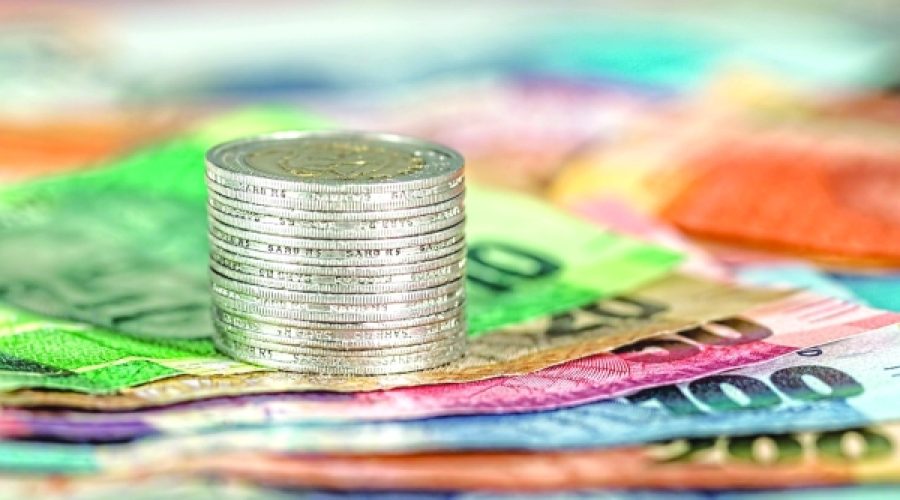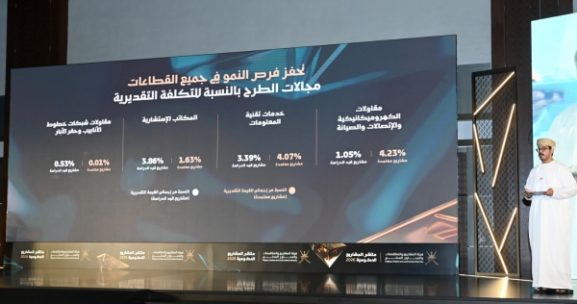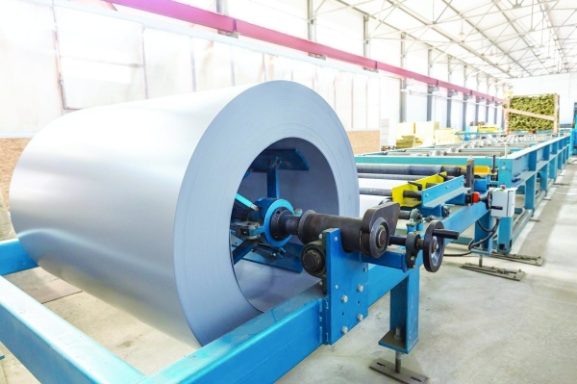Germany Set to Dodge Recession: What This Means for Investors and Businesses Eyeing Opportunities in Oman and Europe
Frankfurt: Germany’s economy, despite ongoing challenges, is expected to avoid a technical recession in the near term, according to the country’s central bank. This positive outlook is largely attributed to a recent increase in industrial production.
Europe’s largest economy has faced a prolonged downturn, burdened by high energy prices, stiff competition from China, and the effects of US tariffs introduced this year. However, the Bundesbank highlighted July’s industrial production and order figures, noting that the German economy is demonstrating relative resilience in a difficult environment.
Industrial output in Germany rose by a better-than-anticipated 1.3 percent in July. Although industrial orders declined, the central bank attributed this mainly to natural fluctuations in the timing of large orders.
“Despite the additional burdens imposed by new US tariffs, there are no signs of a major slowdown for industry in the third quarter,” the Bundesbank stated, emphasizing that “demand for German industrial goods is fundamentally on the rise.”
This report is likely to be reassuring for conservative Chancellor Friedrich Merz, who has prioritized ending Germany’s economic slump. The economy will avoid a technical recession—defined as two consecutive quarters of negative growth—if it expands in the third quarter, following a revised second-quarter contraction of 0.3 percent.
Concerns had arisen that the relatively strong start to the year was due to US customers advancing orders before tariffs were implemented, rather than a genuine recovery.
Chancellor Merz has pledged to invest hundreds of billions of euros in rearmament and infrastructure upgrades to revive the country and its economy. Nevertheless, German industry continues to face significant structural challenges, including high energy costs and intensified competition from China in key sectors such as automotive and industrial manufacturing. — AFP
Special Analysis by Omanet | Navigate Oman’s Market
Germany’s industrial resilience amid economic challenges signals stabilizing demand in a key global market, presenting export opportunities for Omani businesses linked to European supply chains. However, risks remain from structural hurdles such as energy costs and competitive pressures, urging smart investors to diversify and focus on sectors less vulnerable to these disruptions. Entrepreneurs should monitor Germany’s economic policy shifts, which may influence trade dynamics and infrastructure investments relevant to Oman’s industrial ambitions.



